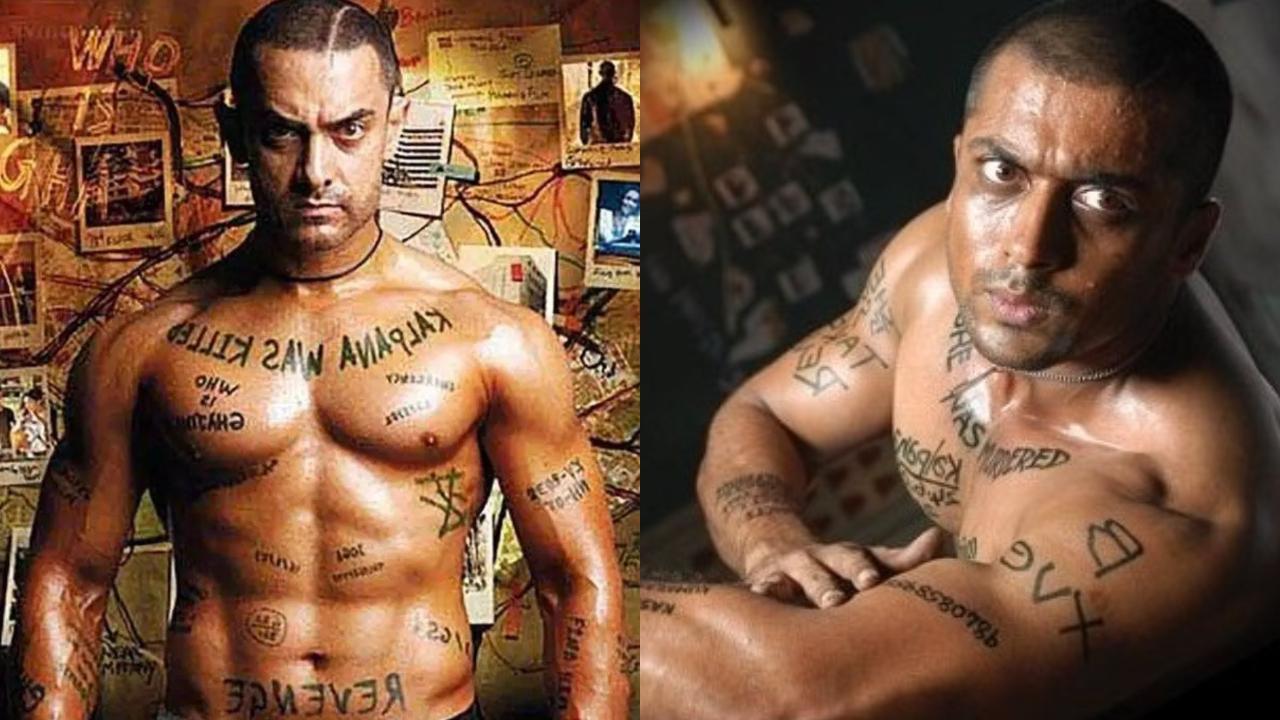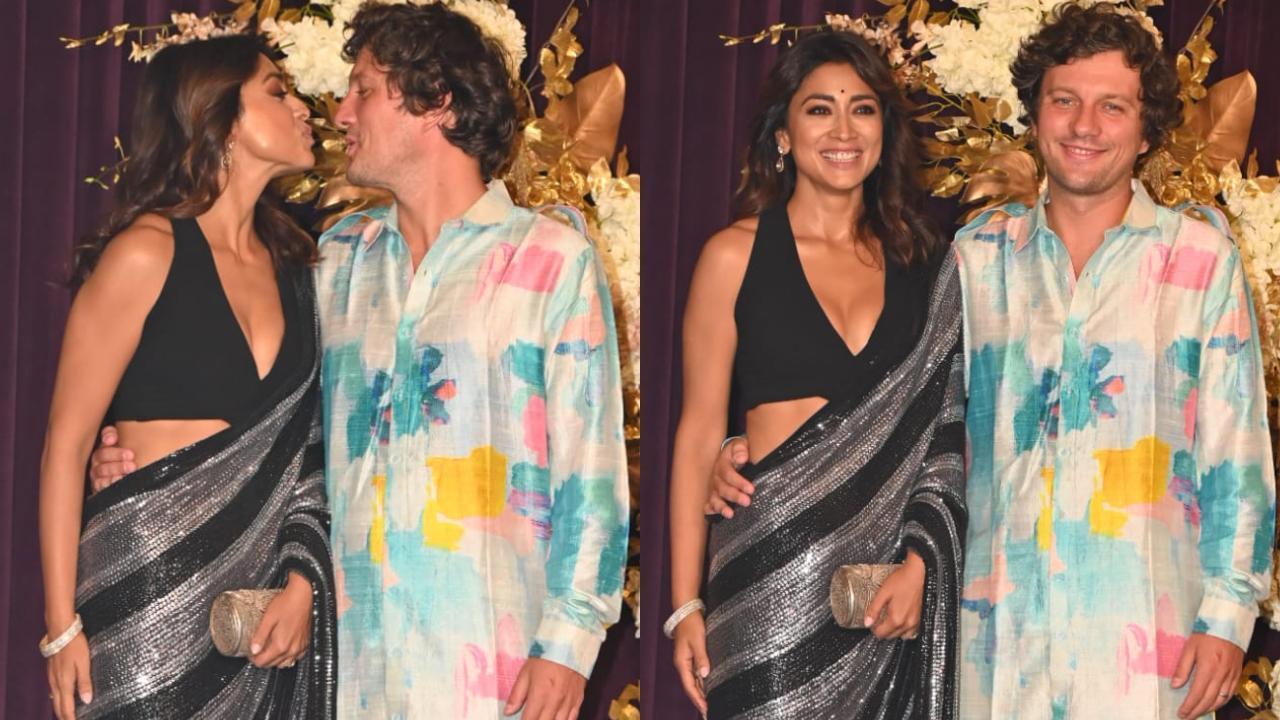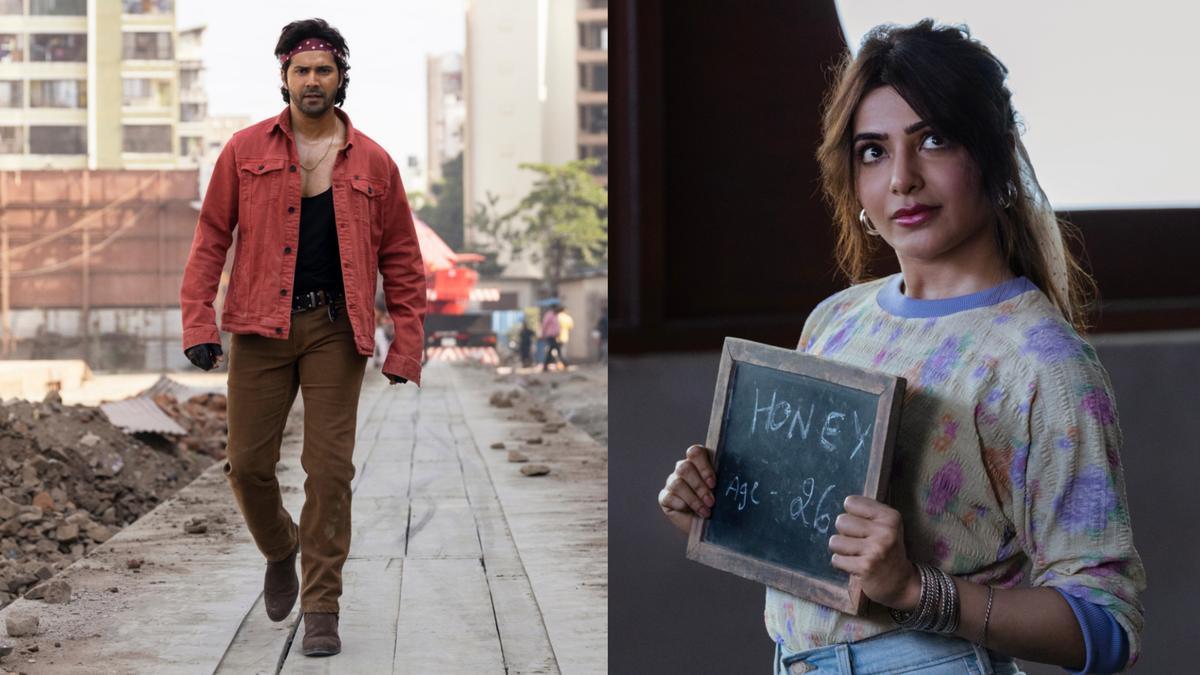
As anticipation builds for the release of “The Miranda Brothers,” director Sanjay Gupta finds himself in conversation about both his latest film and the evolving landscape of Indian cinema. Gupta, renowned for his gritty portrayals of the Bombay underworld in films like the “Shootout” franchise and “Mumbai Saga,” is now venturing into uncharted territories by not only stepping away from his usual genre but also setting the next installment of his acclaimed franchise outside Mumbai. This decision, he explains, comes in response to the current climate of ‘law and order collapse’ in the country.
Featuring talents like Harshvardhan Rane and Meezaan Jafri, “The Miranda Brothers” focuses on the sport of football, marking a significant departure from Gupta’s typical oeuvre. The film will exclusively debut on JioCinema, highlighting a strategic decision by Gupta to embrace the rising digital wave. “The filmmaking landscape is shifting, and the onset of OTT platforms is something we can’t overlook,” he articulates. However, the path to making “The Miranda Brothers” was fraught with challenges that mirror the broader issues within the entertainment industry.
Stars once held the gravitational pull in the industry, overshadowing the power of storytelling. However, as Gupta points out, real change in this paradigm is not as visible on the ground as discussions suggest. “Securing big names for a digital-first release is often improbable. The stars remain hesitant even now to commit to OTT ventures,” states Gupta. This realization sparked his decision to cast leads who could deliver authenticity through their skill in football, rather than their stardom.
Gupta’s move to shoot in Goa opened new perspectives. “In not relying on a massive film crew, I discovered that the essence of filmmaking need not revolve around grandiosity. It can remain rooted in passion and substance, irrespective of how star-studded a film might be,” he adds. This approach marks a stark contrast to past productions where massive crews and high-profile actors were the order of the day.
While Gupta embraces new storytelling forms, his reflections provide a window into the constraints faced by filmmakers in contemporary India.
. “Today’s narratives, even crime stories, are heavily influenced by state dynamics,” observes Gupta. Recent dramatic events, such as the murder of political figure Baba Siddique, underscore an undercurrent of instability that can’t be freely depicted on screen. The presence of criminal activities, sensationally documented, further represents the decaying societal order, a reality Gupta is compelled to navigate cautiously.
Together with Ektaa R Kapoor, Gupta is shifting gears for the latest “Shootout” installment, confirming it will be set away from Mumbai—historically the heart of his narrative style. “Circumstances have become too complicated, and hence opting for a new location might offer the storytelling flexibility we require,” Gupta notes.
This is not the only area where Gupta reports facing creative restraints. The environment of filmmaking itself has transformed into one heavily policed by legal teams and OTT censors worried about repercussions. “Self-censorship becomes a necessity,” he alleges. Notably, Gupta’s forthcoming venture, although inspired by actual events, will deliberately obscure real names to avoid controversy. He illustrates a filmmaker’s current plight: “The industry has sadly stripped us of the fearlessness needed for genuine storytelling.”
For new filmmakers, the implications are even more profound. Deprived of a platform for unbridled expression, the narrative is determined less by personal vision and more by what will pass scrutiny. “It’s troubling to witness the causes young filmmakers are passionate about remaining trapped in the margins of possibility,” Gupta laments. Even with OTT platforms once seen as liberated spaces, they’ve now become restrictive arenas manageable by public pressure.
Sanjay Gupta’s insights are a poignant reminder of the delicate balance creators must maintain between artistic vision and regulatory realities. Though discouraged by current challenges, Gupta’s resolve to experiment with new genres and adapt his storytelling settings exemplifies broader resilience within the industry keen on navigating the confines of its time.










